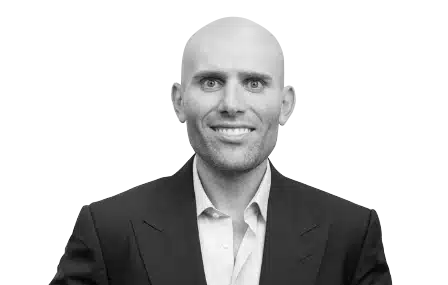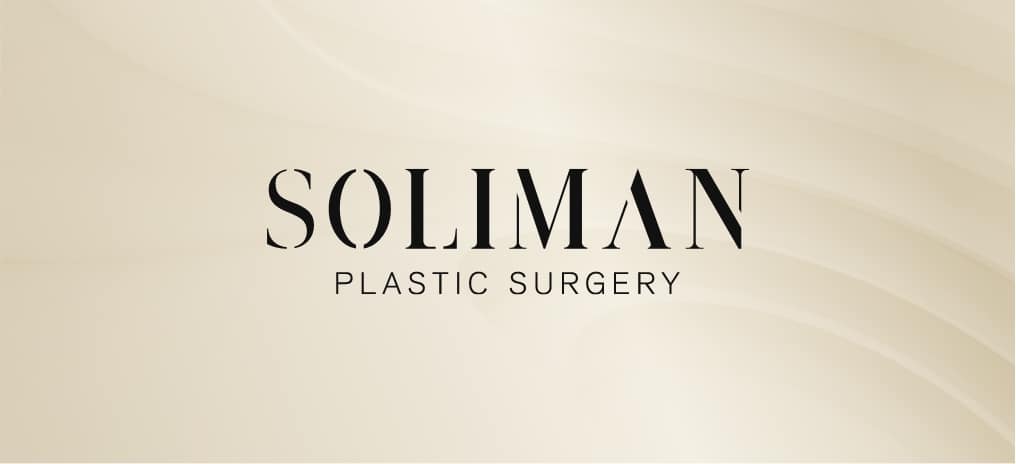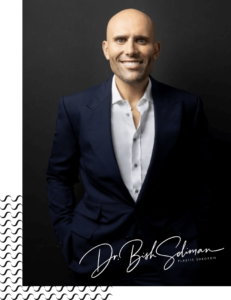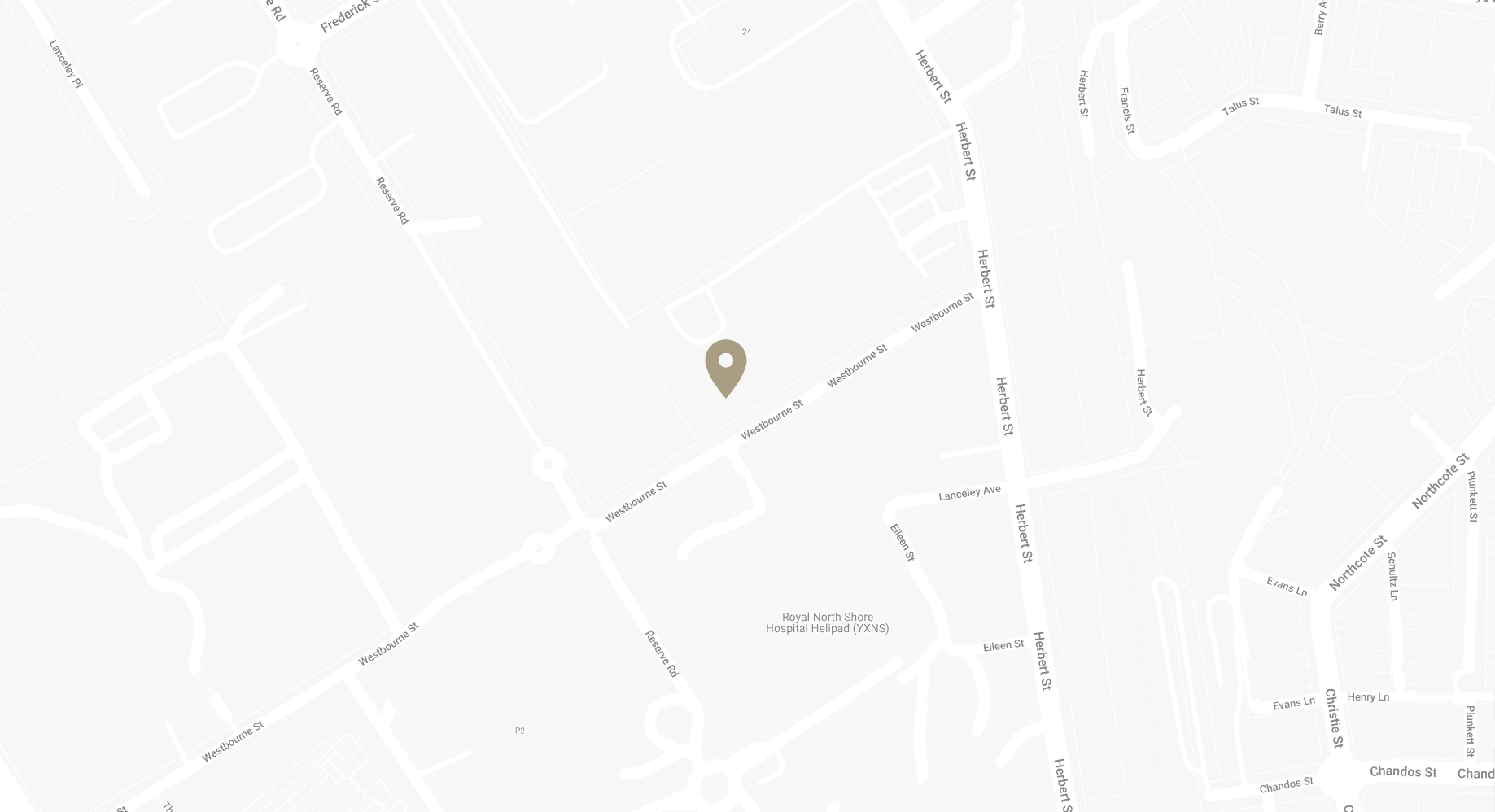Guide to Preparing for Gynaecomastia Surgery
Gynaecomastia, often referred to as the development of enlarged breast tissue in males, can arise at any stage of life. This condition can result from various factors, including hormonal imbalances, obesity, certain medications, or genetics. It’s a condition that affects a significant number of individuals, potentially leading to physical discomfort.
Gynaecomastia surgery involves the removal of excess breast fat, glandular tissue, and sometimes skin, to achieve a chest that is flatter. The surgical approach varies depending on the extent of gynaecomastia and may include liposuction, excision, or a combination of both. The choice of technique is tailored to meet the individual’s needs and expectations.
Preparation for gynaecomastia surgery involves a series of consultations with Dr Bish Soliman, during which the individual’s medical history is reviewed, and a physical examination is conducted. It is an opportunity to discuss the desired outcome, understand the realistic results that can be achieved, and become informed about the recovery process. These discussions are crucial for setting realistic expectations and ensuring that you are fully prepared for both the surgery and the post-operative recovery period.
In this blog, Sydney Specialist Plastic Surgeon Dr Bish Soliman offers invaluable insights and detailed guidance on preparing for gynaecomastia surgery.
Download Dr Bish Soliman Breast Reduction Guide
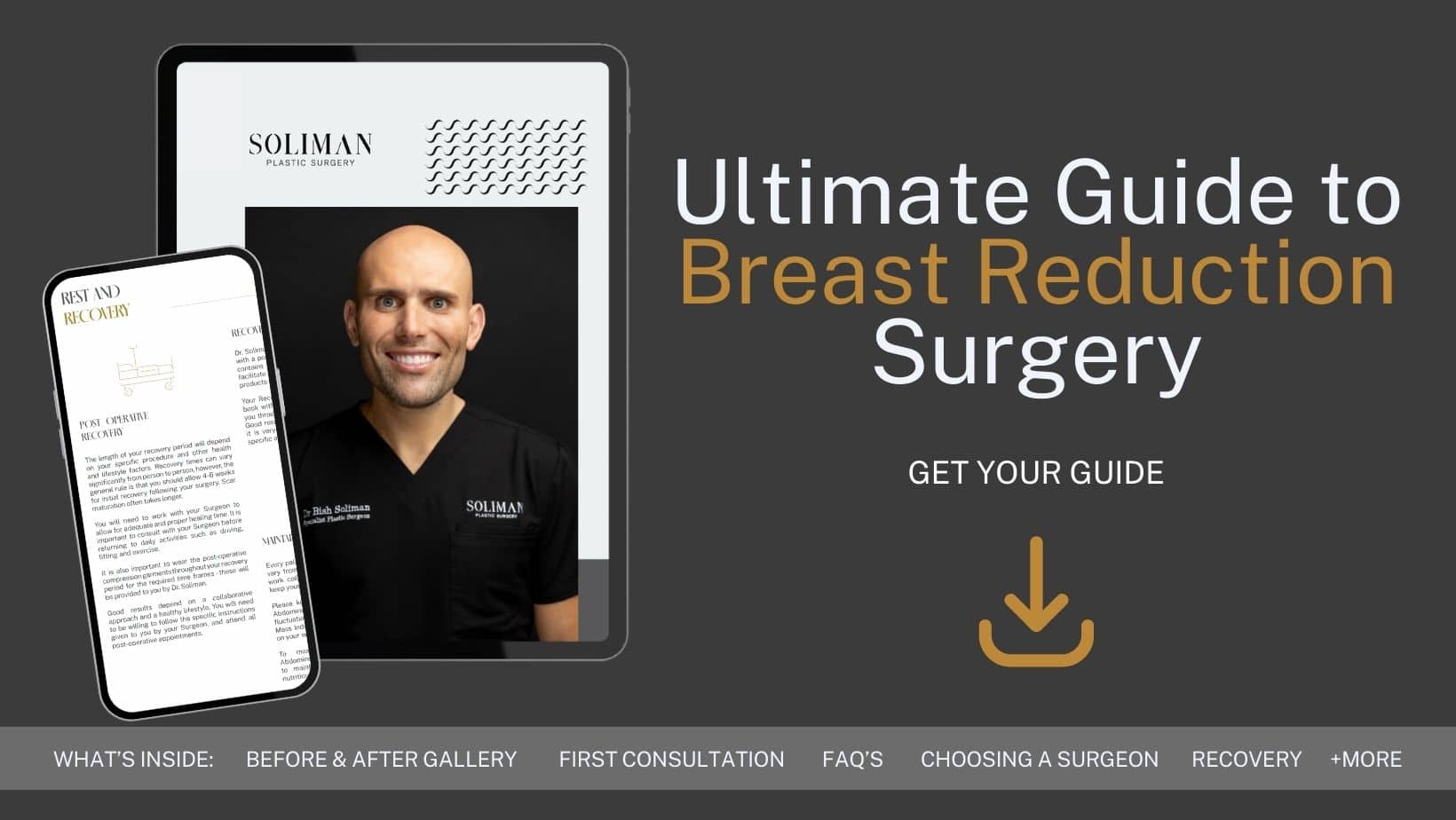
Is Gynaecomastia Surgery Right for You?
Deciding to undergo gynaecomastia surgery is a significant step that involves thoughtful consideration of various factors. Gynaecomastia surgery is recommended for individuals who experience persistent enlarged breast tissue that does not respond to alternative treatments such as lifestyle changes or medication. Here are the criteria that Dr Bish Soliman consider when evaluating candidates for this procedure:
- Physical Health: Optimal candidates are generally in good physical health, without any medical conditions that could impair healing or increase surgery risks. A stable weight is also important, as significant weight fluctuations can affect the surgery’s outcome.
- Realistic Expectations: Understanding what the surgery can and cannot achieve is vital. The procedure can alter your chest’s appearance, but it is crucial to have realistic expectations about the results.
- Age: Although there is no strict age limit, it is often recommended that the surgery is performed once breast development has stabilised. This usually means waiting until after puberty when hormonal levels have balanced out.
- Non-smoker: Smoking can significantly impair healing and increase the risk of complications during and after surgery. Candidates are strongly advised to quit smoking well in advance of the procedure.
Understanding the Risks and Complications
As you prepare for gynaecomastia surgery you need to be prepared with the risk and potential complications:
- Infection: One of the more common risks following any surgery is the development of an infection at the incision site. Infections can delay healing, cause fever, and in some cases, require additional treatment.
- Bleeding: Excessive bleeding during or after surgery is a risk, although it is a rare occurrence. Dr Bish Soliman takes precautions to minimise this risk; however, it is important to follow pre- and post-operative instructions to reduce the likelihood further.
- Adverse Reaction to Anaesthesia: Some individuals may have an adverse reaction to the anaesthesia used during the procedure. Discussing your medical history with your anaesthetist beforehand can help identify any potential risks.
- Scarring: Any surgical procedure will leave some form of scarring. The severity and visibility of scars depend on the specific techniques used and your body’s healing process. Post-operative treatments can further reduce their appearance.
- Changes in Sensation: Temporary or permanent changes in breast or nipple sensation can occur after gynaecomastia surgery. While many experience a return to normal sensation over time, there is a risk of long-term changes.
- Asymmetry: There is a possibility that the breasts may not be perfectly symmetrical post-surgery. Individual healing processes and pre-existing conditions can affect the outcome.
The Week before Surgery: A Checklist
In the days leading up to your surgery, you may feel a mix of emotions, from anticipation to apprehension. Preparing thoroughly can help mitigate these feelings, ensuring you approach the day with as much calm and readiness as possible. Here is a checklist to guide you through the final week:
- Confirm your transportation and aftercare: Ensuring you have someone to drive you to and from the hospital and assist with your recovery immediately following the surgery is essential. This support is not just about practicality but also about having emotional support during a significant time.
- Prepare your home for recovery: Adjust your living space so that essentials are within easy reach without the need to stretch or bend. Consider pre-cooking meals and setting up a comfortable recovery area where you can rest and sleep with ease.
- Follow dietary guidelines: Dr Bish Soliman may advise specific dietary restrictions or recommendations to follow, especially closer to the day of the surgery. These might include fasting instructions or avoiding certain types of food and drink.
- Avoid certain medications and supplements: Some medications and supplements can increase the risk of bleeding. It’s important to discuss with Dr Bish Soliman which ones to avoid. Generally, it’s advised to stop taking aspirin, anti-inflammatory drugs, and herbal supplements as per Dr Bish Soliman’s instructions.
- Pack a hospital bag
Prepare a bag with items you might need for your hospital stay. This can include:- Loose, comfortable clothing that is easy to put on and take off
- Personal hygiene items such as a toothbrush, toothpaste, and deodorant
- Something to occupy your time, such as books or a tablet
- Important documents, including ID, insurance information, and any medical paperwork
- Complete any last-minute tasks: Address any work commitments or household chores that need attention before your surgery. Ensuring these tasks are handled can provide peace of mind during your recovery.
- Get plenty of rest: Good quality sleep is vital for your body to be in the best condition for surgery and recovery. Try to maintain a regular sleep schedule and create a restful environment.
- Stay hydrated: Unless otherwise directed by Dr Bish Soliman, keep yourself well-hydrated. Water is your best choice, but you can also consume other fluids unless your pre-operative instructions specify otherwise.
- Check in with Dr Bish Soliman’s office: A few days before your surgery, you’ll likely have a pre-operative appointment. This is a good time to ask any last-minute questions and confirm the details of your surgery.
What to Expect on the Day of Surgery
Here is what usually happens on the day of your surgery:
- Arrival and Check-in: Upon arrival at the hospital or surgical centre, you’ll check in at the reception. Ensure you arrive on time, as advised by your surgical team, to complete any last-minute paperwork and preparations.
- Pre-operative Assessment: Before the surgery, you’ll undergo a final assessment, which may include checking your vital signs and reviewing your medical history. This is also an opportunity to ask any last-minute questions you may have about the procedure.
- Meeting with the Anaesthetist: The anaesthetist will meet with you to discuss the anaesthesia plan. They will explain the type of anaesthesia to be used, which is general anaesthesia for gynaecomastia surgery, and what to expect when you wake up.
- Preparation for Surgery: You’ll be asked to change into a hospital gown, and your chest area may be marked to guide Dr Bish Soliman during the procedure. You’ll also receive pre-operative medications if necessary.
- The Surgery: The duration of the surgery can vary, generally lasting from 1 to 3 hours, depending on the complexity of the procedure and the specific techniques used. During this time, you’ll be under anaesthesia and will not feel any discomfort.
- Recovery Room: After the surgery, you’ll be moved to a recovery room where your condition will be closely monitored as you wake up from the anaesthesia. You may feel groggy or disoriented at first, but the medical staff will be there to ensure your comfort and safety.
- Post-operative Care Instructions: Once you’re fully awake, Dr Bish Soliman or a nurse will provide you with post-operative care instructions. These will cover how to care for your surgical sites, medications to take to aid healing and reduce the risk of infection, and when to return for a follow-up appointment.
- Discharge: If your surgery is performed on an outpatient basis, you’ll be able to go home the same day once Dr Bish Soliman determines you’re in stable condition. Remember, you won’t be able to drive yourself home, so ensure you’ve arranged for someone to transport you.
Anaesthesia and Post-operative Care
- Anaesthesia: General anaesthesia is commonly used for gynaecomastia surgery to ensure you are asleep and pain-free throughout the procedure. Your anaesthetist will monitor you continuously to ensure your safety.
- Immediate Post-operative Care: Immediately following the surgery, managing pain is a priority. You’ll be given pain relief medication to help with any discomfort. It’s also normal to experience some swelling and bruising, which will gradually improve in the days following the surgery.
- Long-term Care: Follow Dr Bish Soliman’s instructions carefully to promote healing and reduce the risk of complications. This includes wearing any compression garments provided, attending follow-up appointments, and gradually resuming physical activities as advised.
FAQs about Gynaecomastia Surgery
How long does it take to see the final results of gynaecomastia surgery?
- The initial improvements following gynaecomastia surgery can often be noticed immediately. However, it’s normal to experience swelling and bruising that can obscure the final outcome. The majority of swelling subsides within the first few weeks, but it can take up to a year for the contours of your new chest to fully stabilise and for the final results to be evident. Patience is key, as the body needs time to adjust and heal properly.
Will there be visible scars after gynaecomastia surgery?
- All surgical procedures will leave some form of scarring, but the extent and visibility of scars from gynaecomastia surgery depend on the specific techniques used and your body’s healing process. Dr Bish Soliman strives to make incisions in less noticeable areas, such as the natural creases of the skin or around the areola, to minimise the appearance of scars. Over time, these scars might become less noticeable.
Can gynaecomastia return after surgery?
- Gynaecomastia surgery removes excess fat and glandular tissue, resulting in a more contoured chest. While the results are generally permanent, significant weight gain, steroid use, or certain medical conditions can stimulate the development of new breast tissue. Maintaining a stable weight and healthy lifestyle can help ensure the long-lasting results of your surgery.
What is the recovery process like after gynaecomastia surgery?
- Recovery varies by individual, but most can expect to take it easy for the first few days after surgery. You may need to wear a compression garment to reduce swelling and support the new chest contour as it heals. Patients can return to work and light activities within a week, though strenuous exercise and heavy lifting should be avoided for at least a month. Following Dr Bish Soliman’s post-operative care instructions is crucial for a smooth recovery and optimal results.
How do I know if I’m a candidate for gynaecomastia surgery?
- Candidates should be in good health, have realistic expectations about the outcomes, and preferably non-smokers or willing to quit, as smoking can affect the healing process. A consultation with a qualified surgeon such as Dr Bish Soliman is the best way to determine if gynaecomastia surgery is appropriate for your situation.
Further Reading about Gynaecomastia Surgery with Sydney Plastic Surgeon Dr Bish Soliman
- Read more about Will Medicare Cover Gynaecomastia Surgery?
- Read more about How to Minimise Scars after Gynaecomastia
- Read more about How Is the Recovery after Gynaecomastia?
- Read more about Surgery for Gynaecomastia: Useful Tips for Your Recovery
Medical References about Gynaecomastia
- Surgical Management of Gynaecomastia: An Outcome Analysis – PubMed
- Gynaecomastia Surgery (Male Breast Reduction): What to Expect -Cleveland Clinic
- Trends in the Surgical Correction of Gynaecomastia – NCBI
- Enlarged breasts in men (gynaecomastia) – Mayo Clinic
- Gynaecomastia: Surgery, treatment, causes, and symptoms – Medical News Today
